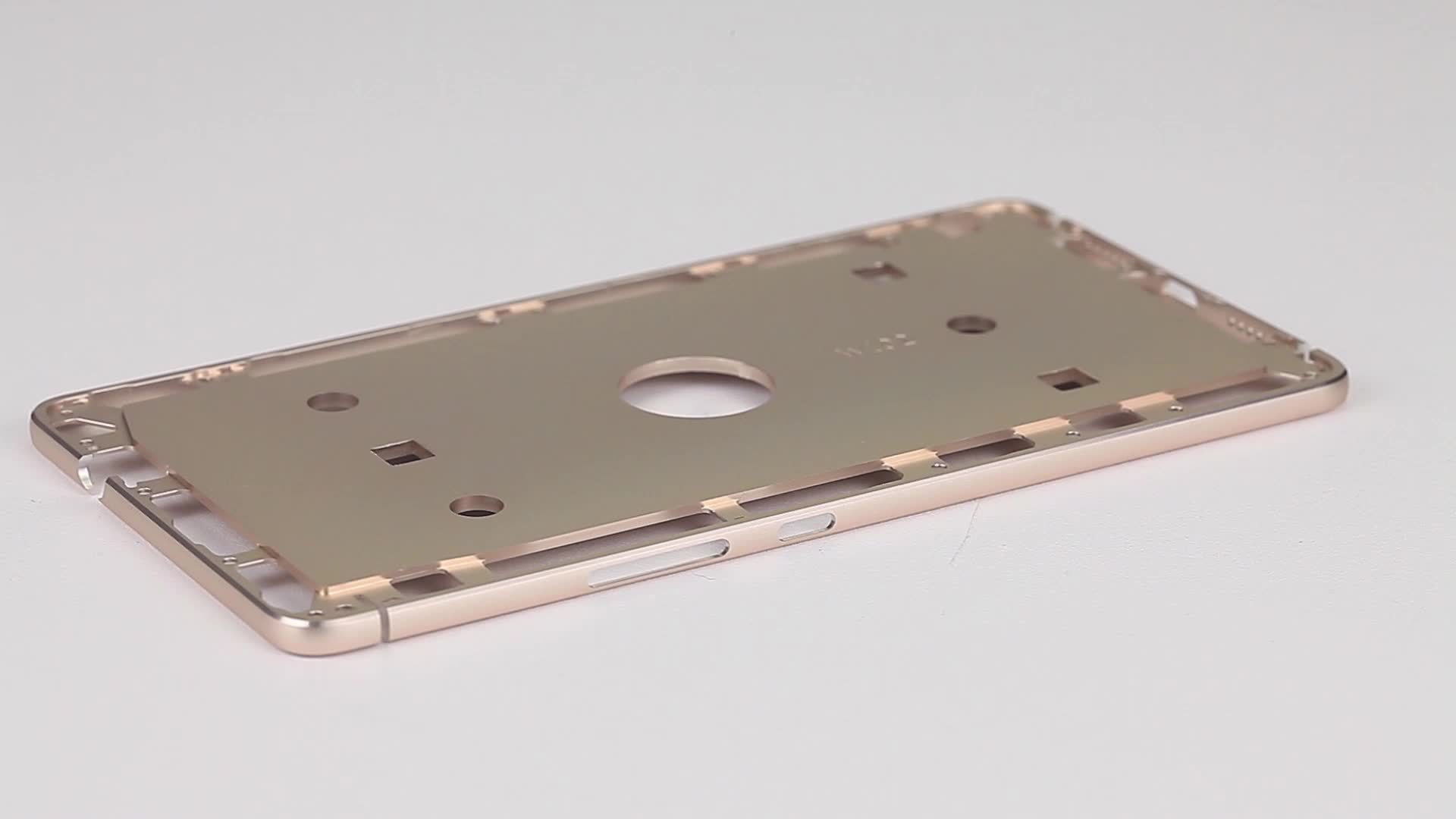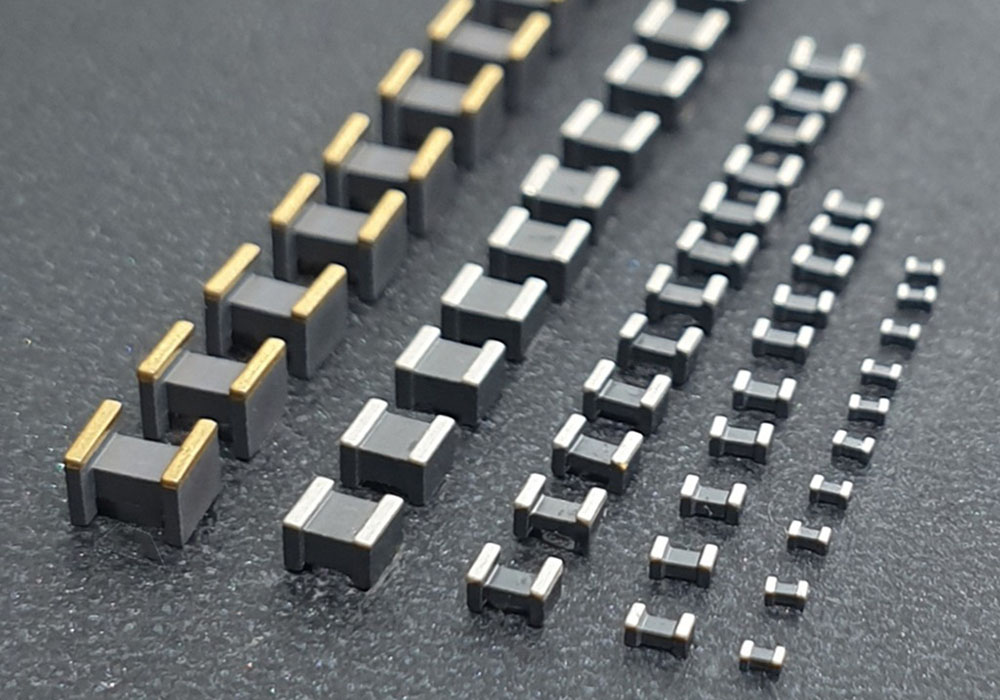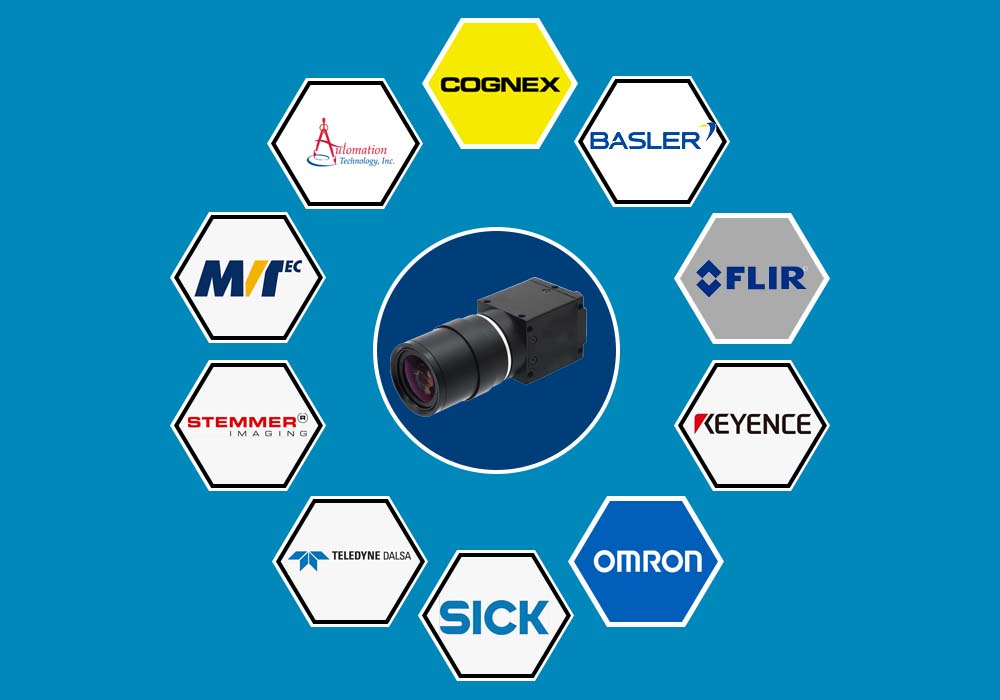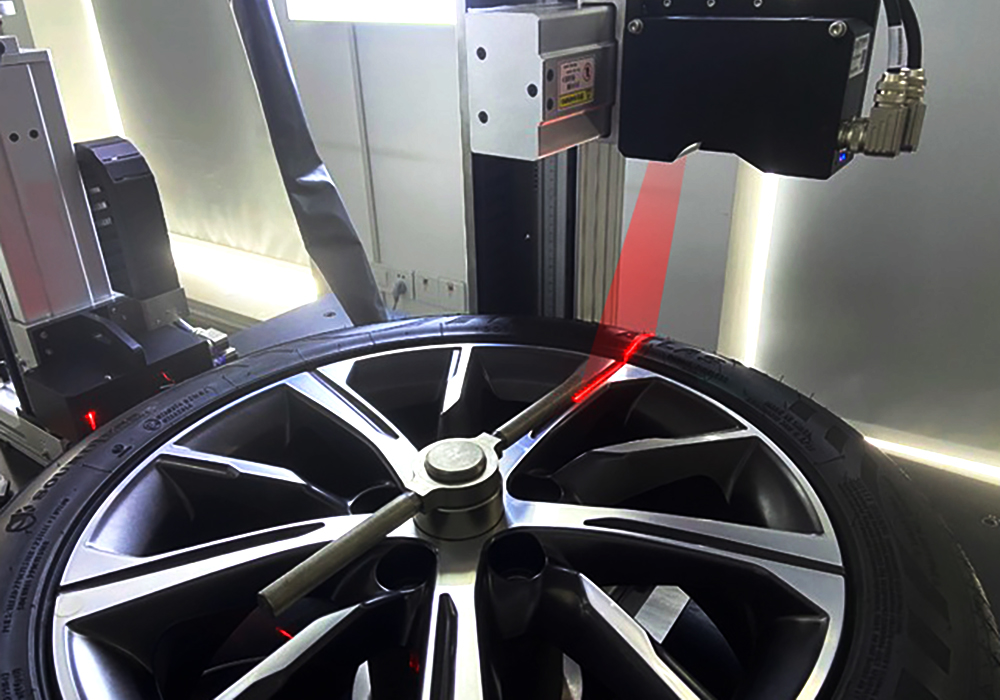Imagine you want to build a house. You could try to do it all yourself, but it would be a lot of work and you might not end up with a very good result. It’s kind of like trying to set up a machine vision system on your own.
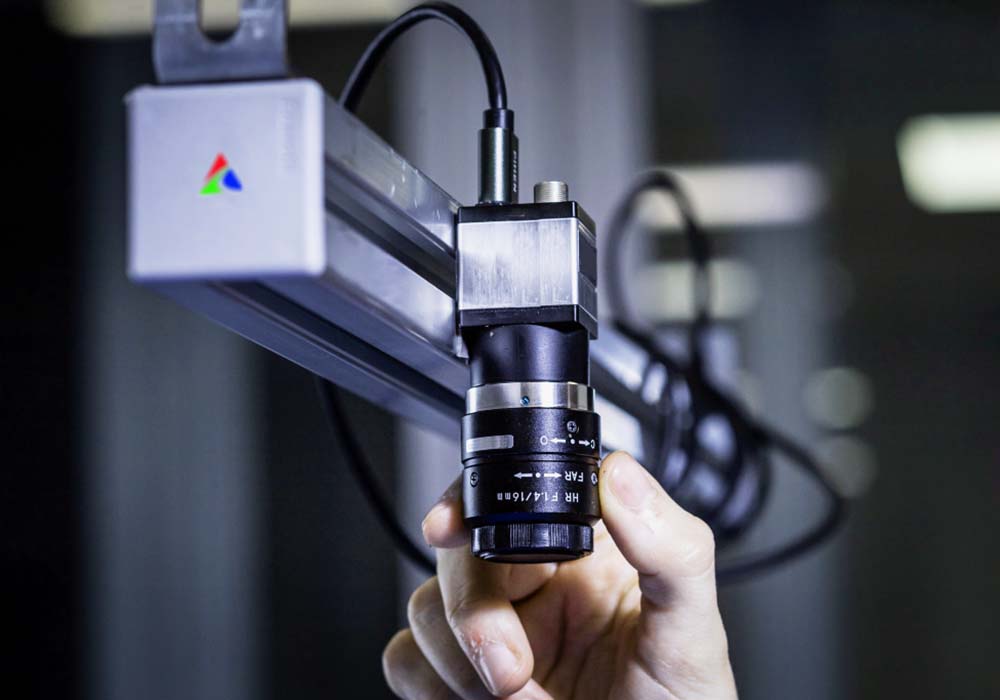
A machine vision system is a complex thing. It’s got cameras, lights, special lenses, and software that all have to work perfectly together to do what you need it to do. If you try to put it all together yourself, it can be really tricky to get it to work just right.
This is where a machine vision integrator comes in. They are like experts who can build your house for you. They know all the ins and outs of the different pieces that go into a machine vision system, and they know how to put them together in a way that works really well.
One of the great benefits of using a machine vision integrator is their expertise. They’ve done this kind of thing a lot, so they know all the little tricks and tips to make sure everything runs smoothly. They can help you figure out exactly what kind of cameras, lights, and software you need for your specific application. And they can make sure everything is configured and calibrated just right, so you get the best possible results.
Another important thing a machine vision integrator can do is customize the system to your needs. Every application is a bit different, with its own unique requirements. A good integrator will take the time to understand exactly what you’re trying to achieve, and then design a system that’s tailored just for you. They will ensure that the system can handle the specific products or parts you need to inspect, and that it is optimized for the environment and conditions in your facility.
Speaking of your facility, a machine vision integrator can also help with system integration and compatibility. Machine vision doesn’t exist in a vacuum – it needs to work with your other equipment, your control systems, and perhaps even your business software. A good integrator will make sure everything works well together, so you don’t end up with a bunch of separate systems that don’t talk to each other.
And let’s not forget about ongoing support and maintenance. Even after the initial setup, a machine vision system needs a little TLC to keep it running smoothly. A machine vision integrator can provide regular checks, software updates, and quick troubleshooting if anything goes wrong. That way, you don’t have to worry about becoming an expert in machine vision yourself – you can just focus on running your business.
Finally, working with a machine vision integrator can really help mitigate the risks of setting up a system on your own. If you try to do it yourself, there’s a good chance you could make some costly mistakes, or end up with a system that just doesn’t work the way you need it to. An integrator, on the other hand, has seen it all before and knows how to avoid these pitfalls. They can help you steer clear of the common problems that can plague machine vision projects, and make sure you end up with a reliable, high-performance system.
While you could certainly try to tackle a machine vision project on your own, it’s usually a lot easier and a lot less risky to work with a machine vision integrator. They have the expertise, customization skills, integration know-how, and ongoing support to ensure your machine vision system is a complete success. It’s kind of like hiring a professional contractor to build your dream house, instead of trying to do it all yourself. Sure, it might cost a little more upfront, but in the long run, it’s usually worth it.


